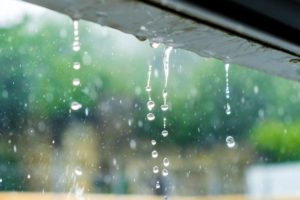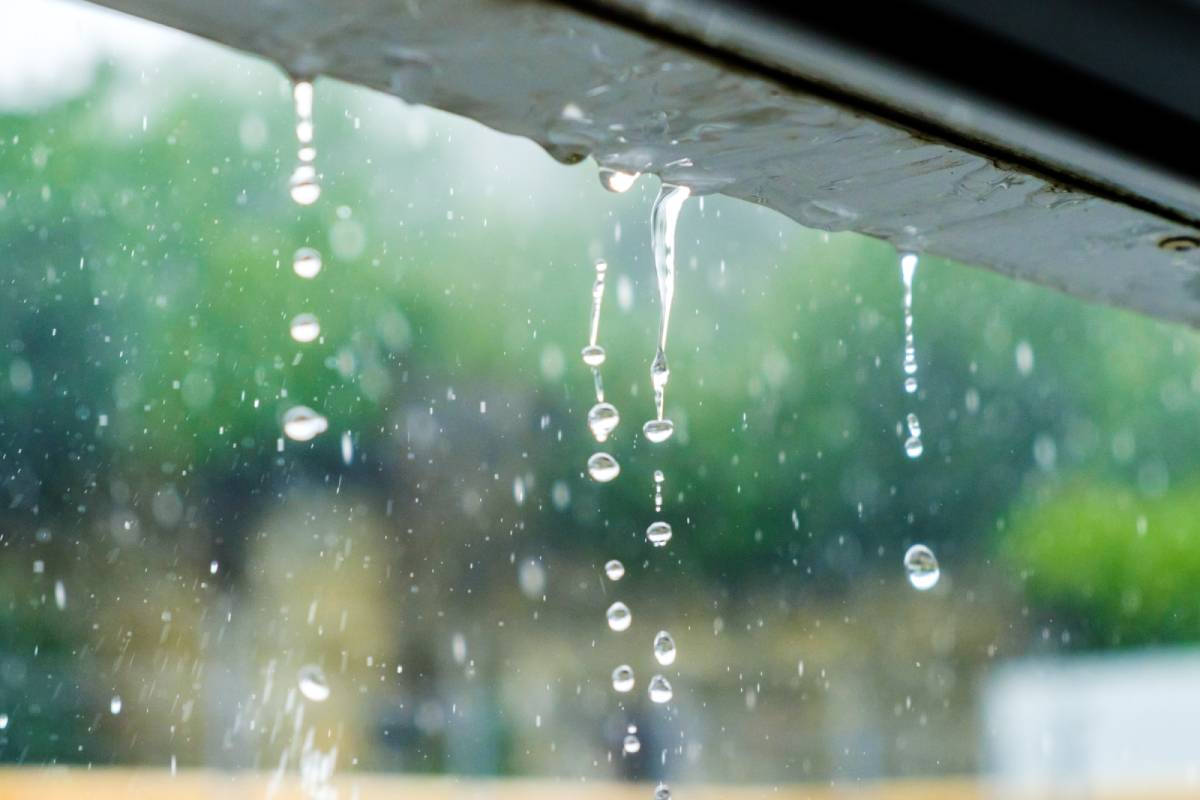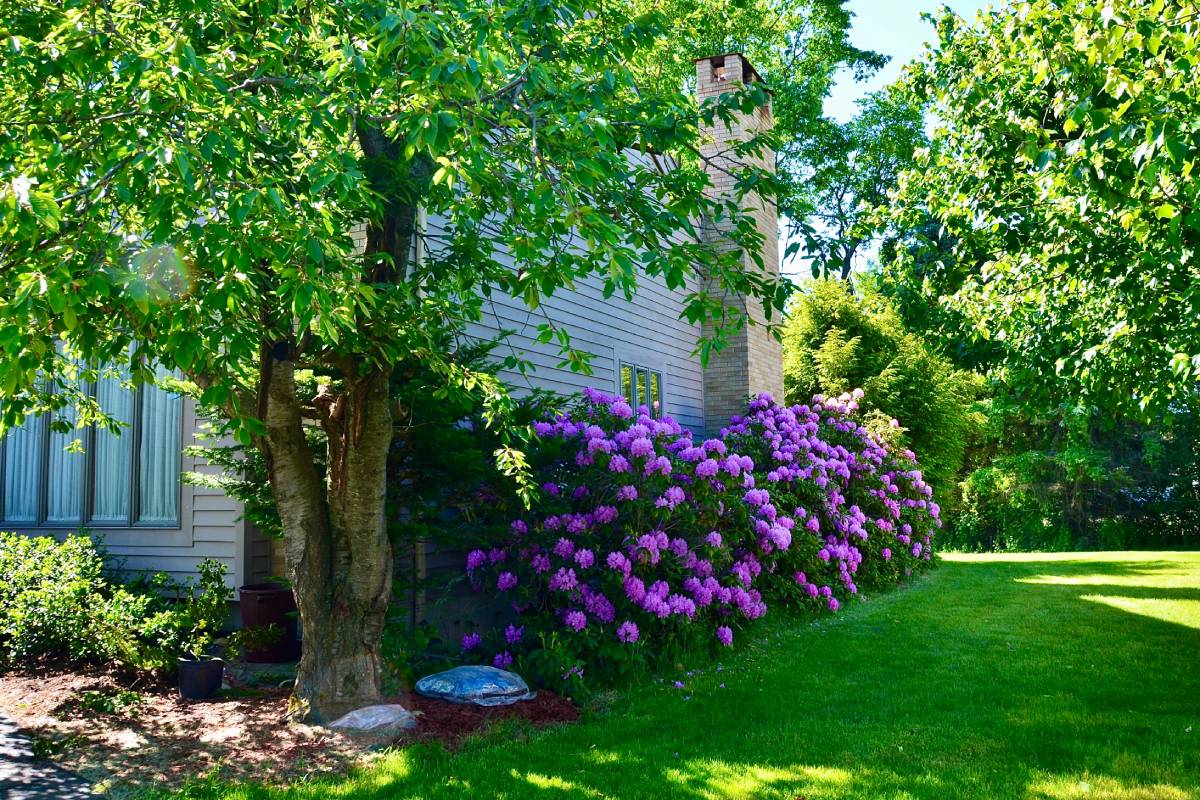 April showers bring May flowers, and… plumbing issues? With the rainy season right around the corner, it is essential to prioritize the comfort of your home, and nobody wants to clean the muck out of gutters in the middle of a storm!
April showers bring May flowers, and… plumbing issues? With the rainy season right around the corner, it is essential to prioritize the comfort of your home, and nobody wants to clean the muck out of gutters in the middle of a storm!
Your plumbing fixtures are especially vulnerable to rain when it hasn’t rained for more than a month – here in the Pacific Northwest, that usually means late summer or early fall. Plumbing problems usually happen around this time because over the dry months of summer, layers of sediment are able to build up inside of drainage pipes. Once it starts raining again, this sediment can disrupt the flow of water and cause mass blockages. To avoid expensive problems like clogging, leaking, or flooding, it’s important to prepare your plumbing for the rain.
Clogged Gutters
Gutters are an essential part of your home’s plumbing system. They collect debris and water and guide it down the perimeter of your home. A good set of gutters not only protects your home from damage but also protects the terrain around your home from erosion. Before we transition into the rainy season, you should inspect and clean your gutters to ensure they’re performing at their full potential.
Ruptured Pipes
Nobody wants to deal with broken pipes. Unfortunately, they’re more common than people think, and they can be very difficult to locate or repair. Ruptured pipes often happen when it rains because the soil surrounding the plumbing fixtures becomes saturated with water and pushes on the pipes. Tree roots can also cause ruptures by growing through pipes and disrupting the flow of water.
Ruptured pipes can be particularly damaging because they allow soil and debris to enter the passage and disturb the flow of water throughout your system. It’s important to get regular inspections to ensure your pipes are prepared to withstand the rain and contact a professional right away if you notice a problem.
Signs You Need a Professional Plumber
Overlooking the signs of a serious plumbing problem could land you with a plumbing emergency. Leaking, flooding, and other problems can be expensive if you don’t catch them right away. Here are some crucial signs that you need a professional plumber:
- Sewage backflow smell
- Slow water drainage
- Septic flooding
- Visible leaking
- Water pooling
Local Plumbing Experts in Portland OR
A little bit of effort could spare you the headaches of flooding, leaking, and other expensive damage. If you’ve noticed some warning signs or just want to make sure your plumbing system is in tip-top shape for the rainy season, D&F Plumbing, Heating and Cooling can help! Your home’s safety is our top priority, and our skilled technicians provide personalized recommendations to get you the best results and emergency plumbing services. Whether you need help preparing your pipes for the rain or have an emergency in the middle of a storm, we have you covered – just contact us today to get your free estimate!




 Just when you thought you had seen the end of your plumbing problems, plant life adds a whole new obstacle to your maintenance regimen. When shooting for aesthetics, many homeowners overlook the repercussions certain trees and shrubs can have on plumbing fixtures.
Just when you thought you had seen the end of your plumbing problems, plant life adds a whole new obstacle to your maintenance regimen. When shooting for aesthetics, many homeowners overlook the repercussions certain trees and shrubs can have on plumbing fixtures.